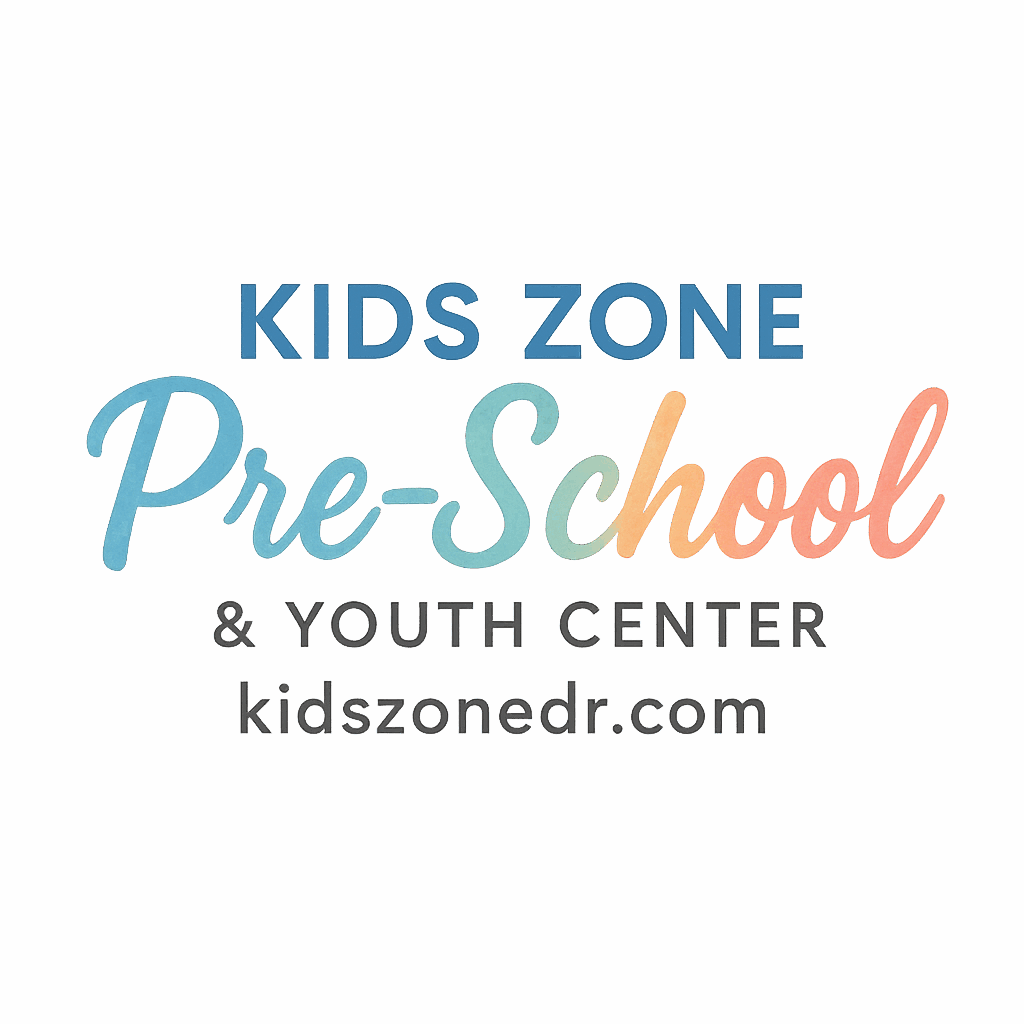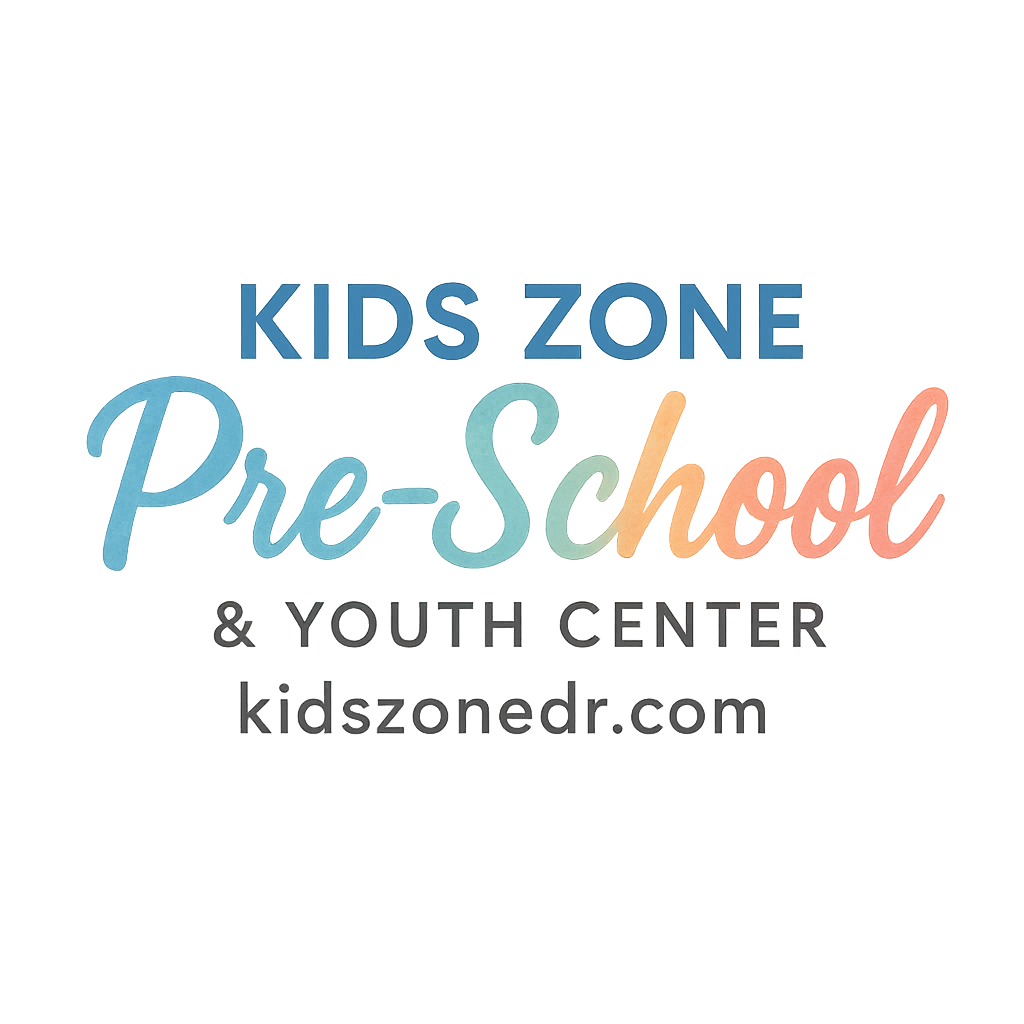Introduction
When it comes to your child’s early education, you want to ensure that they are on the right track. Preschool is a crucial phase in a child’s development, laying the foundation for future learning and growth. Recognizing signs of success during this stage can reassure you that your child is thriving in a supportive and nurturing environment. But how can you be sure your little one is excelling in preschool? Here are five clear signs that indicate your child is on the right path.
Sign 1: Your Child Is Engaging Actively in Classroom Activities
One of the most obvious signs that your child is excelling in preschool is their eagerness to participate in classroom activities. If your child is excited about their daily lessons, loves jumping in during group discussions, and willingly engages in hands-on activities like art projects or reading time, it’s a strong indicator that they’re benefiting from the preschool environment.
Active Participation in Group Discussions
Preschool classrooms often involve group discussions or circle time where kids sit together to listen to stories or share their thoughts. If your child frequently raises their hand to contribute or enjoys talking about what they’re learning, it shows that they are engaged and gaining confidence in expressing themselves. Encouraging parental involvement during this time can further boost their engagement.
Initiative in Classroom Projects
Children who excel at preschool often take the initiative to start projects or help others with tasks. Whether it’s volunteering to clean up, organizing toys, or starting a craft project, this initiative suggests that your child is developing leadership skills and a sense of responsibility. They also benefit from a well-structured daily routine in the classroom that encourages proactive behavior.
Sign 2: Your Child Demonstrates Strong Social Skills
Preschool is the time when kids start learning how to interact with peers, and strong social skills are a critical sign of success. If your child can make friends, navigate group activities, and manage their emotions in social settings, they are developing essential interpersonal skills.
Making Friends and Building Relationships
A child who excels in preschool will naturally make connections with other children. They will be seen playing and talking with their peers, showing interest in group activities, and building friendships. These social experiences play a key role in your child’s learning and development.
Sharing, Taking Turns, and Collaborative Play
Sharing toys and taking turns can be a challenge for young children, but an excelling preschooler will show progress in this area. They understand the importance of cooperation and teamwork, whether they are playing games, completing group projects, or simply sharing classroom supplies. Health and safety in preschool protocols can also help maintain a positive social atmosphere where these skills are learned.
Sign 3: Your Child Shows Independent Learning and Problem-Solving Skills
An excelling child demonstrates a love for learning and an ability to solve problems on their own. Preschool is where children start engaging in activities that require focus and concentration, and children who are developing strong cognitive skills are eager to tackle these challenges.
Enjoying Solo Activities and Focused Play
Does your child enjoy working independently? If they happily engage in solo activities like drawing, building with blocks, or even reading books on their own, this shows that they have developed the ability to focus and think critically. Independent play is a great indicator of cognitive and emotional maturity. Encouraging healthy eating habits and balanced nutrition at home can also enhance their ability to concentrate during these solo activities.
Tackling Challenges with Confidence
Whether it’s figuring out how to solve a puzzle or learning how to use new tools in class, children who excel in preschool are confident in their ability to solve problems. When faced with a challenge, they may get a little frustrated, but they usually persist until they find a solution—showing that they’re not afraid of making mistakes and learning from them. These skills are built on a structured preschool environment that encourages problem-solving.

Sign 4: Your Child Is Demonstrating Emotional Regulation
Preschoolers are still learning how to manage their emotions, but one of the clearest signs of success is their ability to handle frustration and setbacks in a calm and appropriate manner.
Handling Frustration and Setbacks with Calmness
Every child gets upset at some point—whether it’s from a disagreement with a friend or struggling with a difficult task. However, children who excel in preschool show growth in emotional regulation. They may feel frustrated but will usually be able to calm themselves down and try again. They’re also more likely to seek adult help when needed. Emotional regulation is often supported by parental guidance at home.
Expressing Emotions Appropriately
Emotional development includes understanding how to express feelings in socially acceptable ways. Preschoolers who are excelling will show a good understanding of their own emotions, expressing happiness, anger, sadness, or excitement in ways that are appropriate for the situation. This emotional awareness is a critical skill that will serve them well in future academic and social settings. Additionally, confident communication can further foster emotional growth.
Sign 5: Your Child Shows Growth in Language and Communication Skills
Strong language skills are a hallmark of success in preschool. If your child is regularly using full sentences, asking questions, and understanding instructions, they are developing excellent communication skills.
Using Full Sentences and Expanding Vocabulary
Preschool is the stage where many children begin to expand their vocabulary and speak in more complex sentences. If your child is using descriptive language, telling stories, or explaining things clearly, it shows that they are excelling in communication and cognitive development. Daily schedules that incorporate language-rich activities like reading and storytelling can support this growth.
Understanding and Following Instructions
A child who excels in preschool can follow multi-step instructions and understand what is being asked of them. This might include directions for a classroom activity or even instructions for getting dressed or completing a task at home. Being able to follow instructions is an important sign that your child is on track in their developmental journey. To enhance this skill, be sure to incorporate structured routines both at home and school.
The Role of Preschool Learning and Development in Your Child’s Success
Preschool is designed to foster both cognitive and emotional growth, and the learning experiences your child has during these early years set the stage for future success.
Encouraging Cognitive Growth
Preschool provides a stimulating environment where children can develop their problem-solving, literacy, and numeracy skills. Through games, stories, and interactive activities, children are exposed to new concepts and ideas that stimulate their cognitive abilities. This is further supported by the milestones your child achieves during this stage.
Promoting Emotional and Social Growth
In addition to academics, preschool also nurtures emotional intelligence. Through structured play, group activities, and guided social interactions, children learn to navigate emotions, manage relationships, and develop self-confidence—skills that will benefit them for years to come. The first day experiences and early social interactions are crucial in shaping these skills.
How Parents Can Support Their Child’s Development
While preschool plays a key role in your child’s growth, there are many ways parents can support and encourage their child’s development at home.
Encouraging Active Involvement in Preschool Life
Stay engaged with your child’s preschool experience. Ask them about their day, attend parent-teacher meetings, and get involved in any school events or volunteering opportunities. This shows your child that you value their education and reinforces the importance of learning. Visit KidsZone DR for more parenting tips and guidance.
Building Confidence at Home
Encourage your child to try new things at home. Whether it’s helping in the kitchen, completing puzzles, or reading together, providing opportunities for independent growth and celebrating their accomplishments fosters self-esteem and confidence. These activities, when combined with a strong foundation in healthy habits, will ensure that your child feels supported and ready for their preschool challenges.
Conclusion
Recognizing the signs that your child is excelling in preschool is an exciting and rewarding experience. Whether it’s their active participation, emotional maturity, or growth in social and communication skills, these signs demonstrate that your child is developing into a well-rounded individual. As parents, it’s important to continue supporting your child’s growth both in the classroom and at home. Remember, every child progresses at their own pace, so keep encouraging them, and celebrate their successes, big and small!
FAQs
- How do I know if my child is ready for preschool?
Look for signs like curiosity about the world, a desire to learn, and an ability to follow basic instructions. Children who are socially ready will also be able to separate from parents with ease. - What are some common signs that my child is struggling in preschool?
Signs of struggle may include frequent tantrums, difficulty making friends, lack of interest in activities, or an inability to follow simple instructions. - How can I help my child improve their social skills?
Encourage playdates, model positive social interactions, and discuss how to share, take turns, and express feelings appropriately. - Should I be concerned if my child is behind in certain areas?
Every child develops at their own pace. If you’re concerned, talk to your child’s teacher for insight into how they can catch up and receive additional support. - What role does parental involvement play in preschool success?
Active involvement in your child’s preschool experience, including helping with homework, attending events, and providing a supportive home environment, is essential for success. - How can I encourage my child to enjoy learning at home?
Create a fun, stress-free learning environment at home. Use games, books, and activities that match your child’s interests to make learning enjoyable. - Is it normal for preschool children to have frequent emotional outbursts?
Yes, emotional outbursts are common as preschoolers learn to regulate their emotions. Encourage your child to express their feelings and work on calming techniques.


